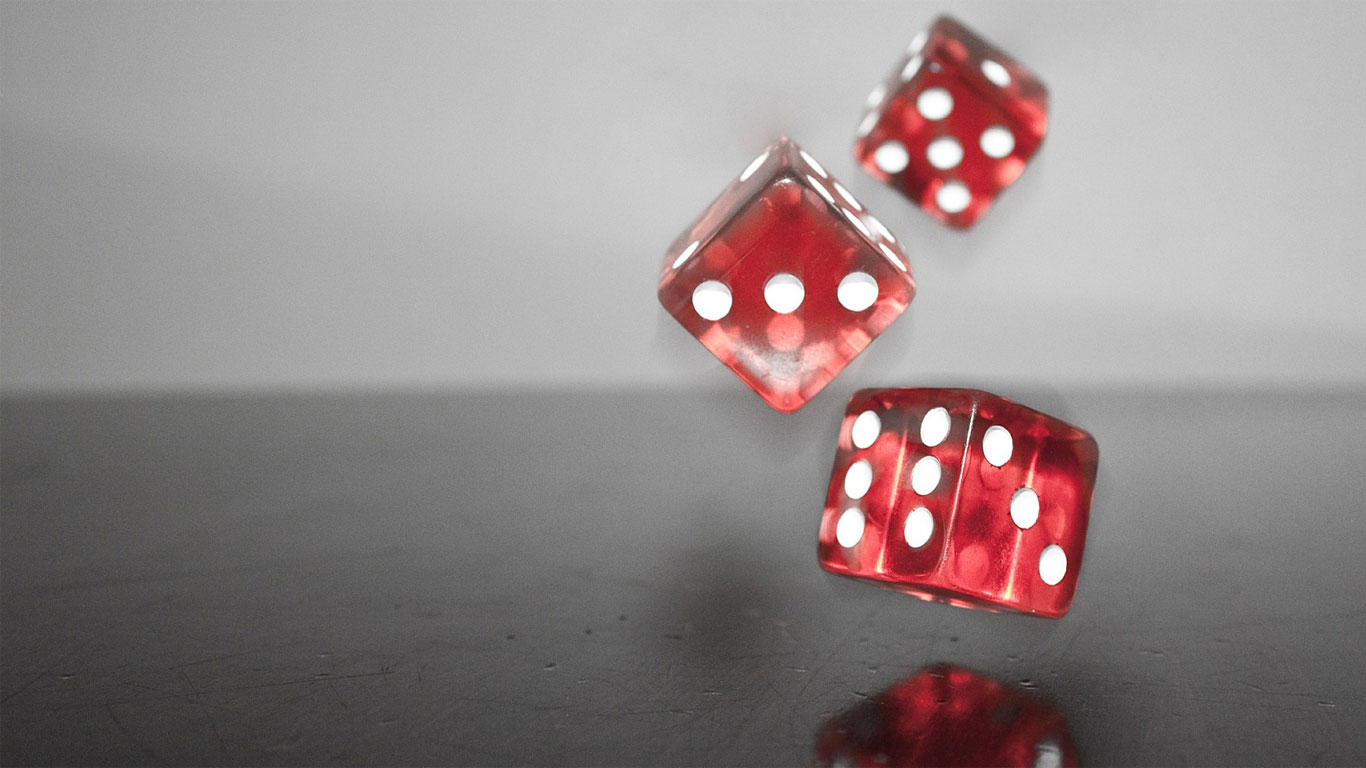Years ago, I read this question on the web:
Let's say, hypothetically speaking, you met someone who told you they had two children, and one of them is a girl. What are the odds that person has a boy and a girl?
Of course the correct answer is 66%. Click on the link to see the explanation. That's all fine and dandy but I have very short memory span, so I tend to discard unnecessary data to make the problem fit properly in my cache register.
When debugging my programs, I always try to simplify my problems into simple yes or no questions. This allows me to pinpoint exactly where the problems occurs. I discard any superfluous information and I am left with only the bugs.
When the person says she has a girl, I can discard this information from the problem because I don't need it anymore. Now I am left with a single variable that can only have one of two values. Either it is a boy or a girl. Two options, one choice and that's 50%. A lot of people will argue but no matter what the choices are, I still only have two options.
Let's take the same approach with dices. When I take a pair of dices and throw it only once. What are the odds of them being a pair of six? There are 64 different outcomes but only one of those is what I am looking for. The two possibilities are getting sixes or getting something else. When those two are the only options, then my odds are 50%.
I think the problem is not so much that 50% is wrong but it's just that the odds are not 100%. So it is never accurate. Even when the odds are 99%, there is a chance of it being wrong. It's more like a guess than a science.
When the variables are isolated, there are always only two choices.
There are times where the odds are a real science. When we ask, "what are the chances the spacecraft will land safely?" There are many factor involved. We look at the condition of the landing gear, the weather, the damage from lift off, and a bunch of other stuff that may influence it.
But when we are trying to predict what number will appear on a dice, usually a lot of factors are ignored. The type of material you are throwing it on, the force of the throw, the room temperature, the humidity, the material the dice is made of, and etc.
If all those were taken into account, you would probably need a super computer to make accurate prediction, but it's just a dice.
Now if we go back to the first problem, "What are the odds the person has a boy and a girl?" Don't be shy, just ask her and she will tell you.





Comments
There are no comments added yet.
Let's hear your thoughts